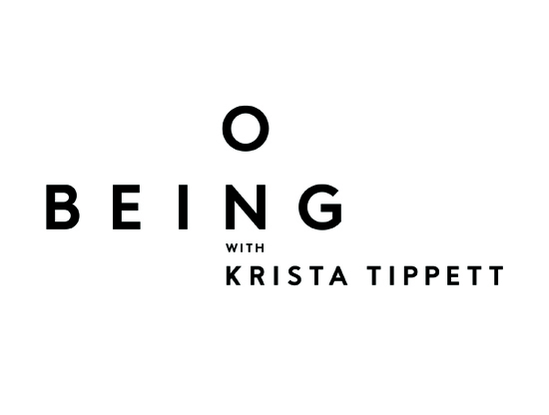Maira Kalman on the Things We Fall in Love With
Maira Kalman — have I fallen in love with an older woman? — has a mind I adore, and a way of relating to the world in a balance of whimsy and depth that are so beautiful (As in: "We see trees. What more do we need?"). Her art fills books about uncertainty (indeed, The Principles of Uncertainty was how I first met her), dogs, cakes, and a newly illustrated version of The Elements of Style. It's also on the wall at a fantastic deli in the basement of the Jewish Museum, one that has some of the best bagels and lox I've eaten.
She has such a beautiful, wide-eyed curiosity about the world:
"I’m so curious about so many things that I surprise myself with my curiosity and my desire, my delight in seeing all of this stuff, because at a certain point, you’d say, 'OK, enough already.' But clearly, it’s never enough. And it’s a surprise."
She falls in love with Central Park and New York:
"I take the bus down Fifth Avenue, and then I’m probably the happiest person on the bus. And then, I say, 'in New York.' And then, I say, 'in the United States.' And then, I say, 'in the world.' It’s really extraordinary. I mean when we’re in the Park — and there aren’t that many people there, and we go all year round — we think, 'Where is everybody? How could they be so stupid as not to understand what they have here for themselves?'”
And trees:
“And so walking and looking at trees really is one of the glories of the world, and we say, 'Rejoice,' when we see these things. We say that when we see people walking and going about their business, but something about trees, of course, I — they’re very hard to paint, by the way, but I’m happy to try.
And birds and birdsong and leaves:
And, you know, leaves grow on trees, and birds sit in trees, and birds sing, and it’s just — it’s a whole beautiful package.
And little, quirky oddities — the way her mother drew a map of the world, the way old people walk, the way her husband is buried next to George Gershwin, Lincoln, Nietzsche's mustache. When asked if she had fallen in love with something that morning, her reply was enthusiastic:
"Oh, yes!"
She also celebrates what I find great joy in:
"The subject of my work continues to be the normal, daily things that people fall in love with."
And seems to draw perspective from the forces that I also do:
"Who doesn’t? Krista, who doesn’t? I’m always amazed if somebody says, “You think about death so much.” And I say, “What are you thinking about?” I mean, I can’t imagine..."
The way she talks about her late husband and the love they had — the irreplaceable beauty of sharing even a fraction of your life with someone who matters so immensely — comes through less in her words and more in the pauses between them, the uptick in her nostalgic tone:
"We had an extraordinary life."
In a way, she’s has the less socially anxious gorgeous relationship with the world that draws me to Mary Oliver and Virginia Woolf, the depth and observational wit — albeit immensely less troubled and brooding — of Joan Didion, the multi-subject dexterity of Rebecca Solnit, and the way of expressing it like Maurice Sendak.
And what about this, the way she sums up what life is about, one I hear repeatedly, each time I visit Joe, my Hospice partner:
"Well, I think that — I joke about not knowing, but I think that as people get older, they tend to say, more clearly, 'I really don’t know anything.' And of course, that isn’t completely true, but the only thing that I’m left with is, really, who do you love, and what do you love to do?"
Take an hour and spend it with this beautiful mind.








